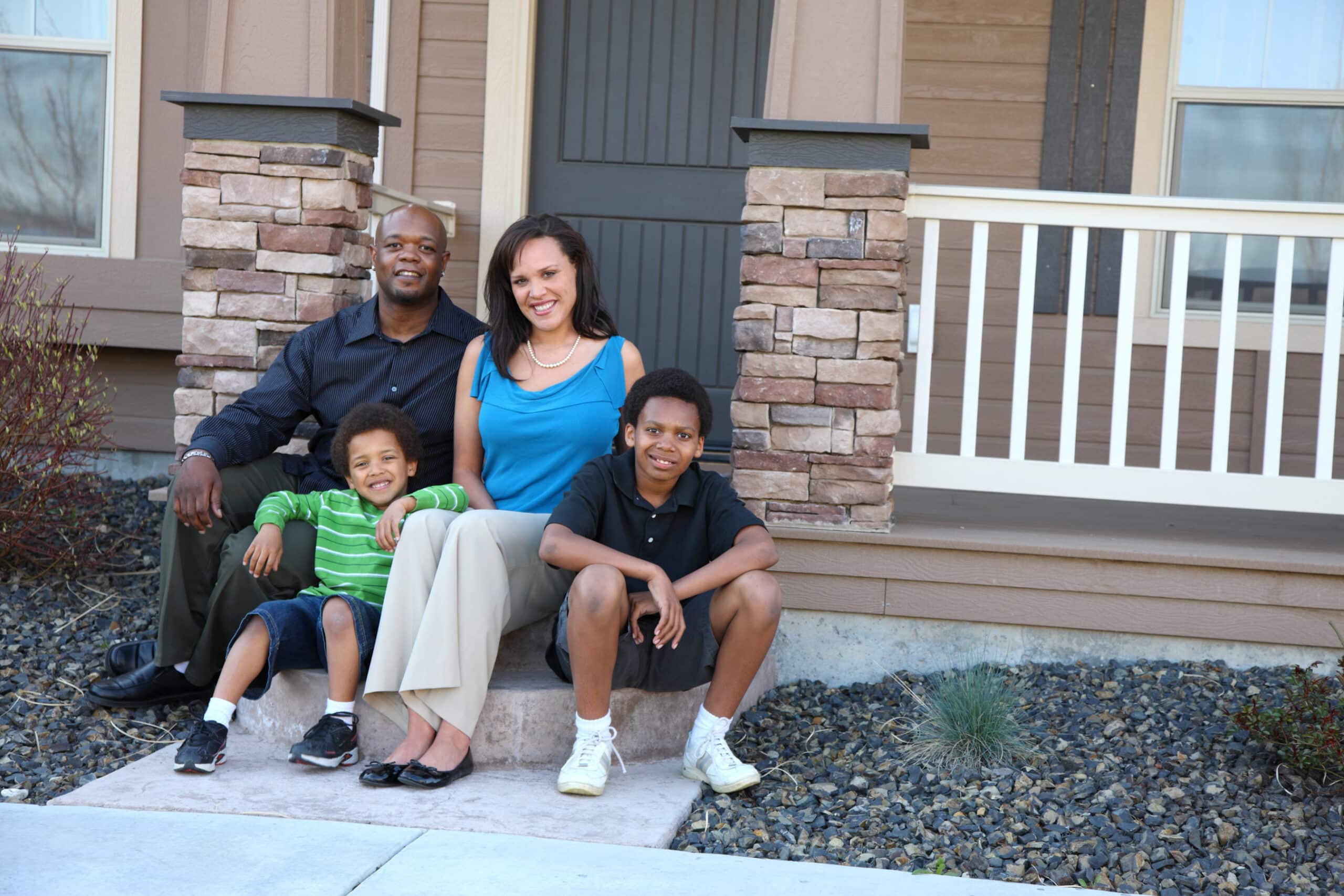
Healthy & Stable Housing

Advancing Comprehensive Policies on Housing Quality,
Affordability, and Tenant Protections
We know that housing instability is a driver of health inequities, including asthma. Rental housing is more likely to have unhealthy, substandard housing conditions – such as pests and mold – than owner occupied housing. Further, with few affordable alternatives and minimal protections from excessive rent increases and eviction, many renters are forced to accept unhealthy living conditions or face displacement. Since communities of color are more likely to live in rental housing due to historical policies that limited or denied home ownership opportunities to people of color, these same communities suffer disproportionately from asthma and other housing-related health issues.
At RAMP, we work to improve housing quality through leadership of the California Healthy Housing Coalition, which brings together diverse stakeholders to advance state-level solutions to substandard housing conditions. Simultaneously, we collaborate with partners who work on tenant protections and preservation of affordable housing to advance the broad and comprehensive goal of housing stability. We also support local healthy housing projects that can serve as models and be scaled statewide.
Read more about our Healthy & Stable Housing goal in our strategic plan an in this two-page summary.
For more information about this goal, please contact Brandon Kitagawa, Senior Policy Associate, at brandon@rampasthma.org/.
A Few of Our Accomplishments
- As a result of our advocacy and leadership of the California Healthy Housing Coalition, California is the first state in the nation to include mold as an enforceable substandard housing condition.
- We led numerous policy wins aimed at promoting sustainable, healthier ways to manage pests, including:
- Expanded enforcement authority to ensure that pest infestations can be enforced in every community across the state;
- Requiring that the root causes of pest infestations (such as plumbing leaks) be addressed when owners are cited for a pest infestation; and
- Creating tenant “right to know” policies about pesticide use of rental properties and homeowner associations.
- We improved the standard of practice of code enforcement by requiring code enforcement to proactively inspect additional units if they find severe violations that could impact other units.
- We helped affordable housing providers change their pest management practices to healthier, more sustainable Integrated Pest Management approaches, in partnership with the University of California.
- We developed a series of short videos to encourage landlords to transition to the use of Integrated Pest Management (IPM).
RAMP’s impressive track record advocating for policy and systems changes targeting the root causes of asthma disparities provides numerous best-practices for other organizations to learn from and apply in their work. Their successes serve as models held up frequently on national stages and their willingness to share their learnings and experience are driving change in communities nationwide.
Explore RAMP’s Resources on Healthy & Stable Housing
Select Projects on Healthy & Stable Housing:
Extreme heat is the deadliest weather-related hazard in California. As heat waves become more frequent, more severe, and longer-lasting due to climate change, addressing extreme heat is emerging as a priority across the state. For those with asthma, a lack of cooling in their homes creates additional challenges during wildfire smoke events. Asthma home visitors report working with families that have to decide between opening their windows exposing them to smoke in order to cool their homes or keeping the smoke out but risk heat exhaustion, heat stroke, or other heat-related illness. To advance our work on extreme heat, with Western Center on Law and Poverty, California Rural Legal Assistance Foundation, and Leadership Counsel, we were able to get funding in the state budget for the CA Department of Housing and Community Development (HCD) to identify a safe maximum indoor temperature for housing and to provide policy recommendations to the legislature based on their results. Unfortunately, HCD’s policy recommendations were not specific, actionable, nor equity-focused. As a result, we are working with partners to develop our own specific, actionable, impactful policy solutions to address the growing health equity impacts of extreme heat on low-income renters. As a first successful step, we worked with CA Senator Stern’s office to establish a state priority to ensure homes can maintain a safe indoor temperature in SB 655, which the Governor signed into law in 2025.
With support from the Blue Shield of California Foundation, we are building relationships with partners to better connect housing quality, affordability, and anti-displacement protections as a comprehensive response to the state’s housing crisis. We are working with Non-Profit Housing Association of Northern California and the California Coalition for Rural Housing to find opportunities to collaborate on policies that support the preservation of existing housing stock, including efforts to increase state funding to allow affordable housing developers to acquire and rehab deteriorated housing. We are also collaborating with Tenants Together and Coalition for Economic Survival to improve the engagement of tenants in our healthy housing policy development and advocacy. As part of this work, in 2023 California Assemblymember Buffy Wicks introduced a resolution declaring June as Healthy Homes Awareness Month. Read the full resolution to better understand the connections between asthma, health, and housing.
Through our leadership of the California Healthy Housing Coalition (CHHC), we are working to advance a range of policies to improve housing conditions. We have led efforts to improve state code on pest infestations (SB 488 in 2013 and SB 1167 in 2014), pesticides (SB 328 in 2015 and AB 2362 in 2016), mold (SB 655 in 2015), and the practice of code enforcement (AB 548 in 2023). Through CHHC, we are now exploring farmworker housing, aging in place, and extreme heat (see Addressing Extreme Heat In Rental Housing below).
We are a member of the Healthy Havenscourt Collaborative, which brings together residents, community-based organizations, and public agencies to support a healthier East Oakland neighborhood. As part of that work, we partner with La Clinica de la Raza to train and support Healthy Housing Champions to advocate for healthy housing policies in Oakland. We are currently focused on the City’s use of funds from a legal settlement with paint companies to develop and implement a lead hazard abatement program and a proactive rental housing inspection program.
Because tenants’ rights groups have significant reservations about smoke-free housing policies and have opposed previous efforts at the state and local levels, we convened tenants’ rights and anti-tobacco members of the California Healthy Housing Coalition to develop a set of principles for an equitable approach to second-hand smoke exposure in multifamily housing.
With support from the California Department of Pesticide Regulations, and in partnership with the University of California Extension’s Integrated Pest Management (IPM) program, we have worked on two projects promoting the use of IPM. First, we worked to increase the use of IPM at two affordable housing properties between 2020-2022. We evaluated the intervention and found that: pest populations declined significantly once the IPM program began; pest management costs went down at both sites; and residents were largely satisfied with the new program. View a presentation on the results here. We are now working with asthma home visiting programs to provide training and develop tools to support the use if IPM to address pest infestations as part of MediCal’s Asthma Remediation program.
Residential weatherization/energy efficiency (EE) programs designed to reduce energy use and greenhouse gas emissions associated with climate change can improve housing conditions and health. With support from the California Department of Public Health’s Office of Health Equity and in partnership with Contra Costa Health Services, we developed a guide to inform health and public health professionals about weatherization and EE programs and highlight examples of ways health and public health professionals have successfully coordinated with EE programs to better connect those most in need with services to improve their housing conditions. Completed in 2018.


